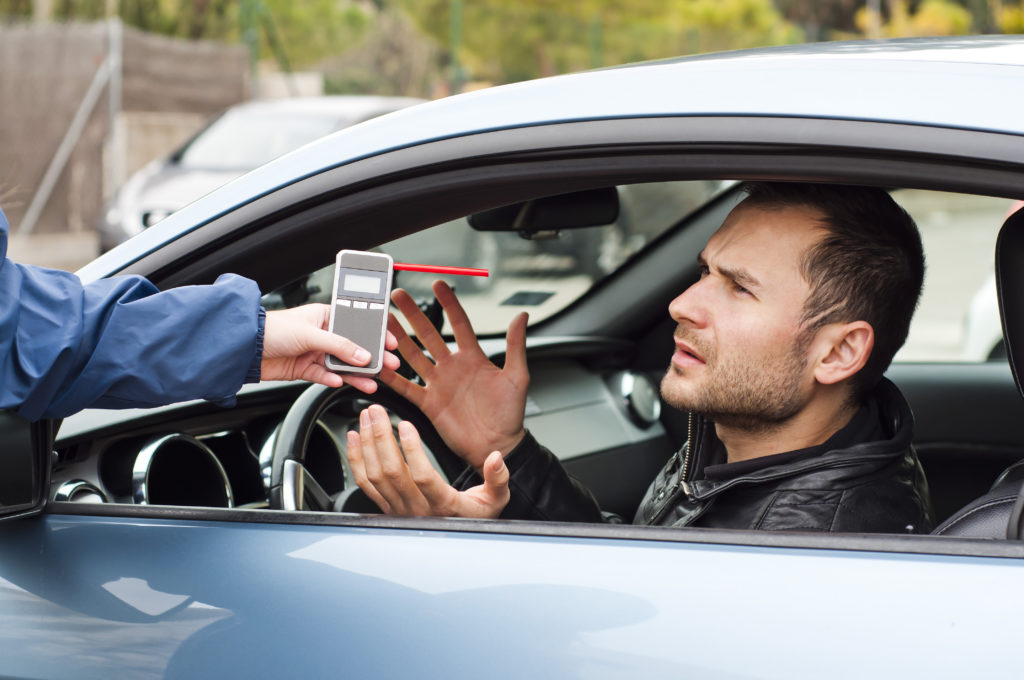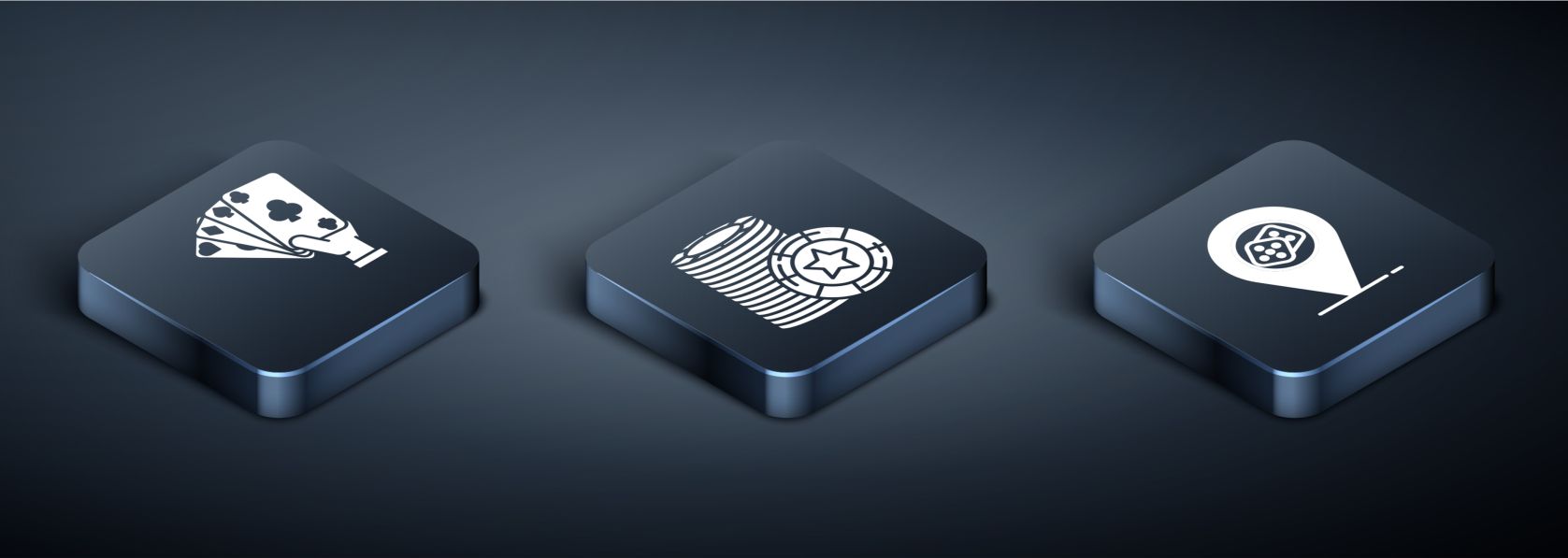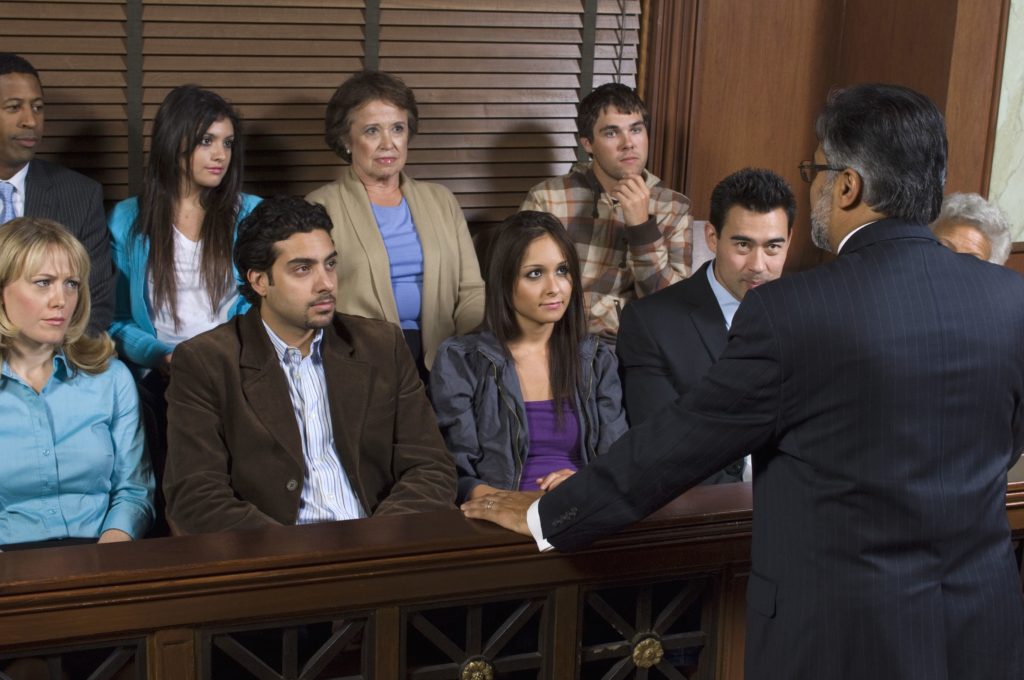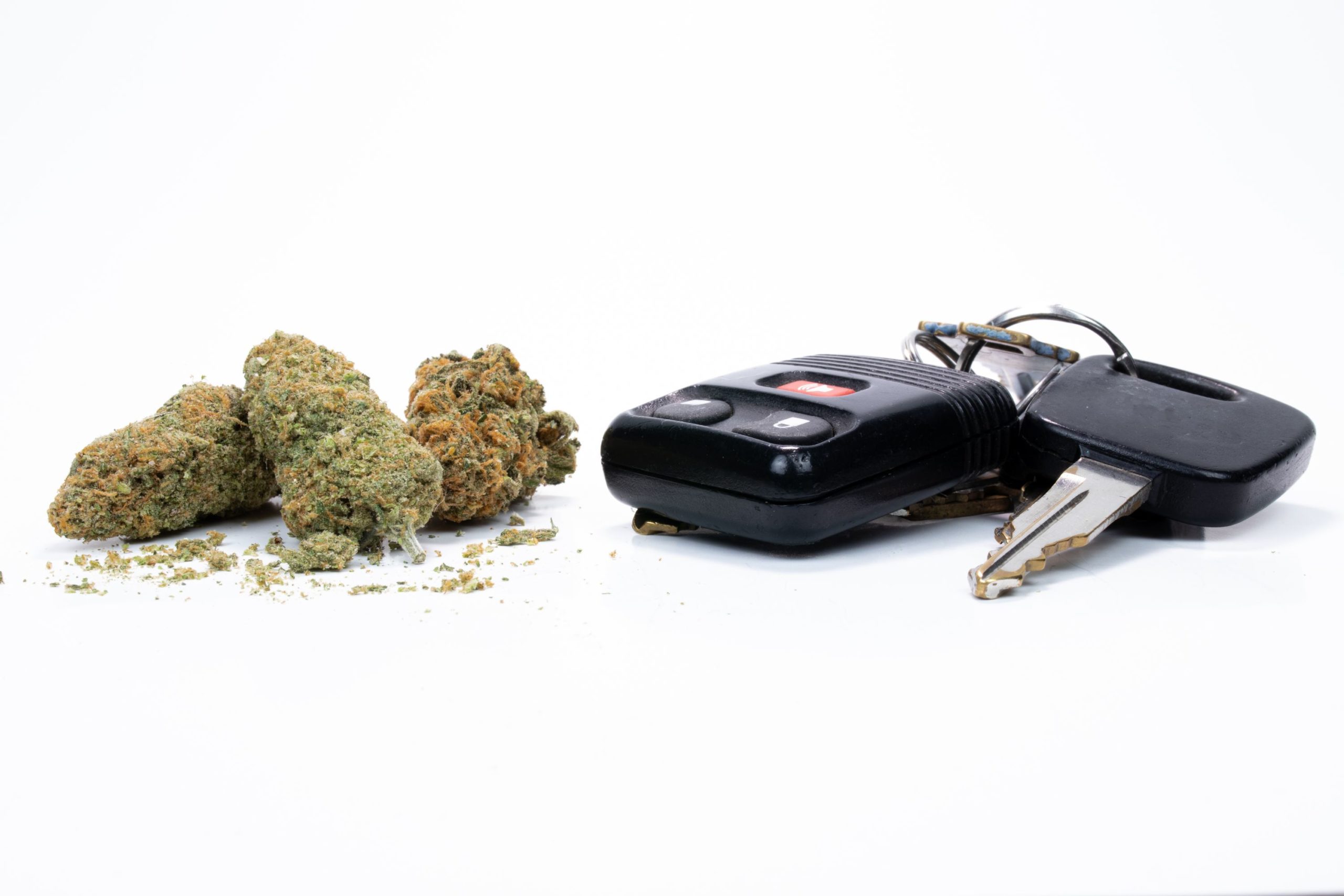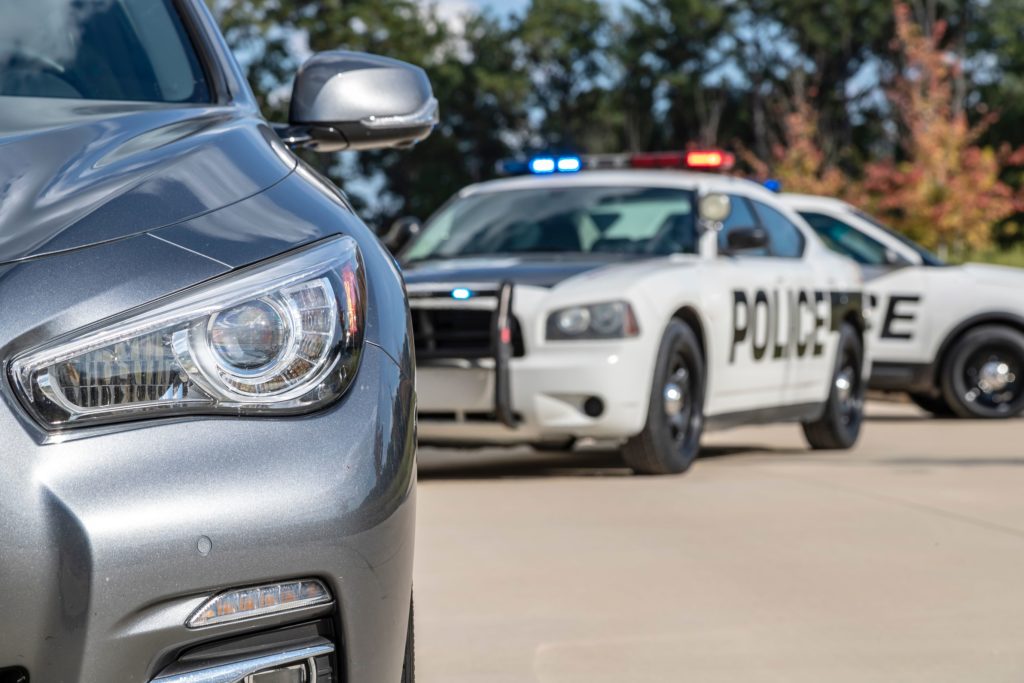IS IT A CRIME TO LEAVE A CAR CRASH?
Leaving the scene of a car accident is considered a “hit-and-run” offense in Nevada. Fleeing the scene can lead to devastating consequences, especially if it involves injuries. Committing a hit-and-run offense when someone is hurt is a felony crime in Nevada.
If you’re involved in an accident, we suggest you remain at the scene (especially if you’re sober). Otherwise, you risk your freedom and reputation.
“Hit-And-Run” Laws In Nevada
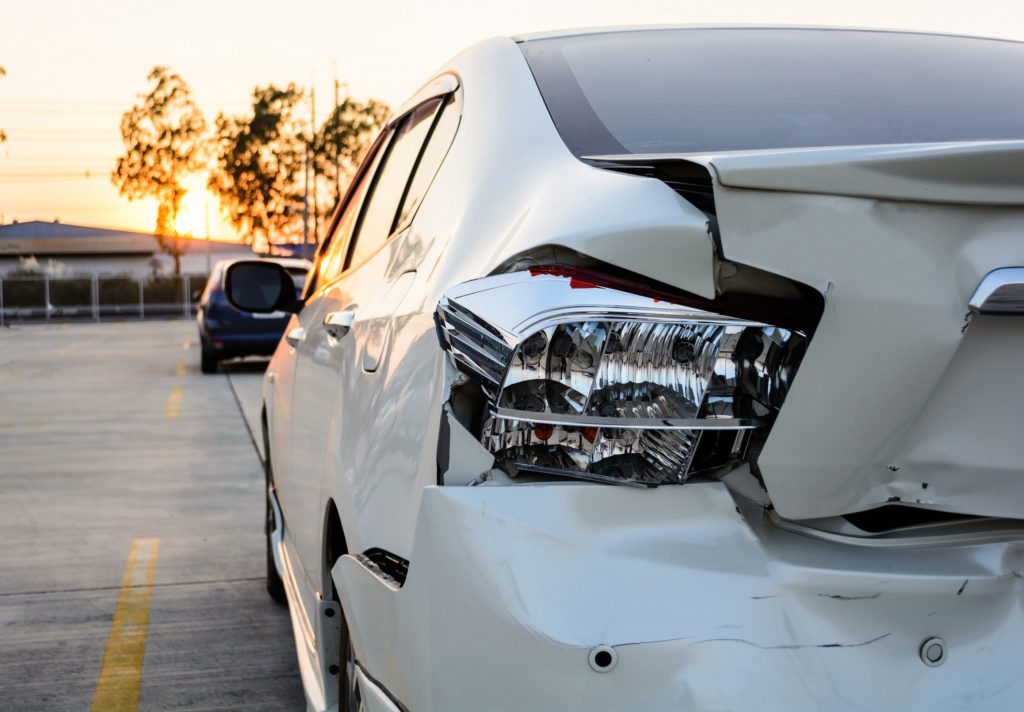
According to Nevada hit-and-run laws, every driver has a legal obligation to fulfill certain duties if involved in an accident that causes bodily harm or property damage. If you’re involved in a collision, you have a duty to:
- Stop at the scene of a crash involving death, personal injury, or property damage.
- Give information and render aid if necessary.
Additionally, per NRS 484E.040 – 484E.050, every driver must fulfill certain duties if they’re involved in an accident involving unattended vehicles.
When Is A Hit and Run A Misdemeanor?
Generally, leaving the scene of an accident that only causes property damage is a misdemeanor offense in Las Vegas. Penalties for misdemeanor hit-and-run can include:
- Up to 26 weeks in jail
- Up to $1,000 in fines
Depending on your driving record, a misdemeanor hit-and-run could lead to a suspended license. However, that’s only the case if you already have six or more demerit points on your Nevada license.
When Is A Hit And Run A Felony?
Suppose someone leaves the scene of a car accident involving bodily injury or death. In that case, they would be guilty of a category B felony offense in Nevada. The penalties include:
- Up to 20 years in prison, but a minimum of 2-years imprisonment
- $2k – $5k in fines
- Revoked license
It’s important to note that the prosecution can press separate charges for every person injured or killed as a result of the car accident.
What Are My Legal Obligations After An Accident?
If you’re involved in a car crash in Las Vegas, there are a few things you should be aware of. Nevada state law requires all drivers involved in collisions causing property damage, death, and bodily injury to stop at the scene.
While on the scene of the accident, you are legally obligated to fulfill certain duties, such as:
- Provide personal information to the other party involved in the collision (i.e., name, insurance info, car registration, address, etc.)
- Give the police an accurate name, address, vehicle registration, etc.
- Render aid to others involved in the accident if necessary
- Move vehicles to a safe area (if possible) if they are blocking traffic or creating otherwise hazardous conditions
Additionally, if you hit an unattended vehicle, you’re obligated to search for the owner of the property/vehicle immediately. If you cannot find them (after an honest attempt), Nevada hit-and-run law requires you to leave a note with your personal information on it.
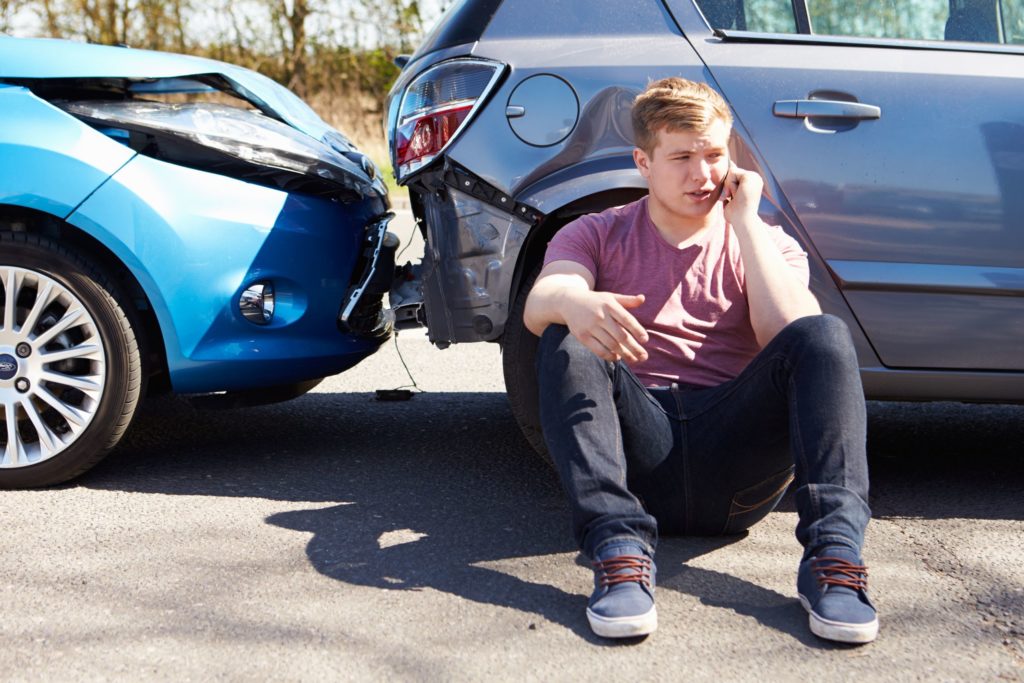
Accidents involving property damage in excess of $750, injury, or death must be reported to the police (via self-reporting or the officers on the scene) within 10 days of the accident.
With that in mind, it’s not advisable to skip the accident police report involving an unattended vehicle just because “the damage doesn’t look that bad.” A small scratch on an expensive car could cost thousands of dollars.
What Does “Rendering Aid” Mean?
Rendering aid does not require you to use high-level medical techniques. However, minimally, it does require you to:
- Call the police
- Inform the police of the car accident
- Notify them of the injuries on the scene
Rendering aid is not a matter of morals. In this case, it’s a matter of the law. If you neglect to render aid to an injured person after an accident in which you’re involved and at-fault, you could face felony charges and a mandatory minimum of two years in prison.
Potential Defenses To The Charge
Every hit-and-run accident is different. Consequently, the best defense strategy for a hit-and-run offense in Nevada depends on the circumstances of the case. Potential defenses include:
- Involuntary intoxication
- Fleeing the scene to respond to an emergency
- Unaware of the damage and/or injuries caused
- Not involved in the accident (mistaken identity)
- Duties were fulfilled to the extent of the law
- The driver was also injured and was unable to stop and fulfill legal obligations
Hit-and-run charges can lead to serious consequences. It’s recommended that you identify and work with the best hit-and-run lawyer in Las Vegas, Nevada, for your circumstances.
Is It Illegal To Leave The Scene Of A Single Car Accident?
It depends on the situation. However, in most cases, it’s in your best interest to immediately stop if you’re involved in any type of car accident. That way, you can check for damage or injuries. If you don’t stop and you cause property damage or injuries, you could face stiff penalties.



